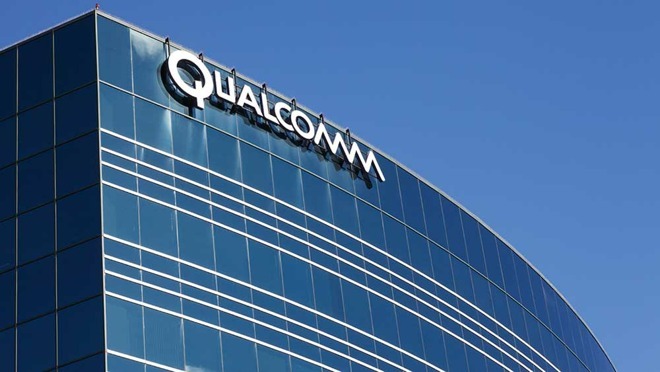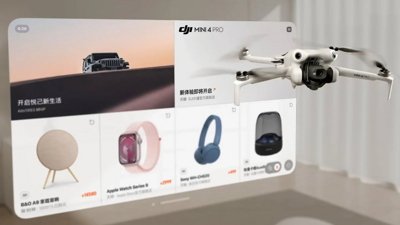Qualcomm sees South Korean antitrust fine lowered to $200M
South Korea's Fair Trade Commission on Thursday reduced damages in a decade-old antitrust case involving Qualcomm, with the U.S. chipmaker now facing penalties that amount to roughly $200 million.
The FTC announced the decision to lower Qualcomm's fine by 18 percent after the country's Supreme Court overturned a lower court ruling in January, reports Reuters.
In 2009, the FTC fined Qualcomm 273 billion won (about $243 million) for abusing its dominant market position in the CDMA modem and radio frequency chip market. The penalty covered a nine-year period in which Qualcomm provided kickbacks on baseband chips to Korean smartphone makers Samsung and LG, deals that prevented the handset makers from using hardware from other manufacturers.
The January Supreme Court ruling upheld most lower court decisions but left open the possibility of appeal for a 73 billion won finding. According to the report, the FTC modified its penalty to reflect the Supreme Court's verdict, but cautioned that a "monopolist enterprise's abuse of its market position cannot be tolerated."
Today's fine reset does not apply to a separate case that in 2016 saddled Qualcomm with an $853 million fine over similar antitrust matters. Patent licensing and questionable business practices were at issue in that action, which has yet to hear appeal.
Apple asserted similar claims against Qualcomm in its own lawsuit filed in 2017. The Cupertino tech giant sued over a breach of contract that amounts to nearly $1 billion in patent royalty rebates, funds promised by Qualcomm but allegedly withheld in retaliation for Apple's cooperation in regulatory investigations like the South Korea probe.
Apple's initial lawsuit sparked a series of countersuits and trade complaints that span the globe.
Qualcomm has seen moderate success in its campaign and in December won a limited sales ban in China on older iPhones for infringement of owned patents. In January, the chipmaker won a second sales ban targeting iPhone 7 and 8 models using Intel modems in Germany.
To nullify the injunctions, Apple issued a software update in China and in Germany began selling iPhone 7 and 8 units with Qualcomm chips.
More recently, Qualcomm this month was handed a $31 million win in the first of its patent infringement cases to be heard by a U.S. jury.
 Mikey Campbell
Mikey Campbell











 Amber Neely
Amber Neely
 William Gallagher
William Gallagher

 Malcolm Owen
Malcolm Owen











